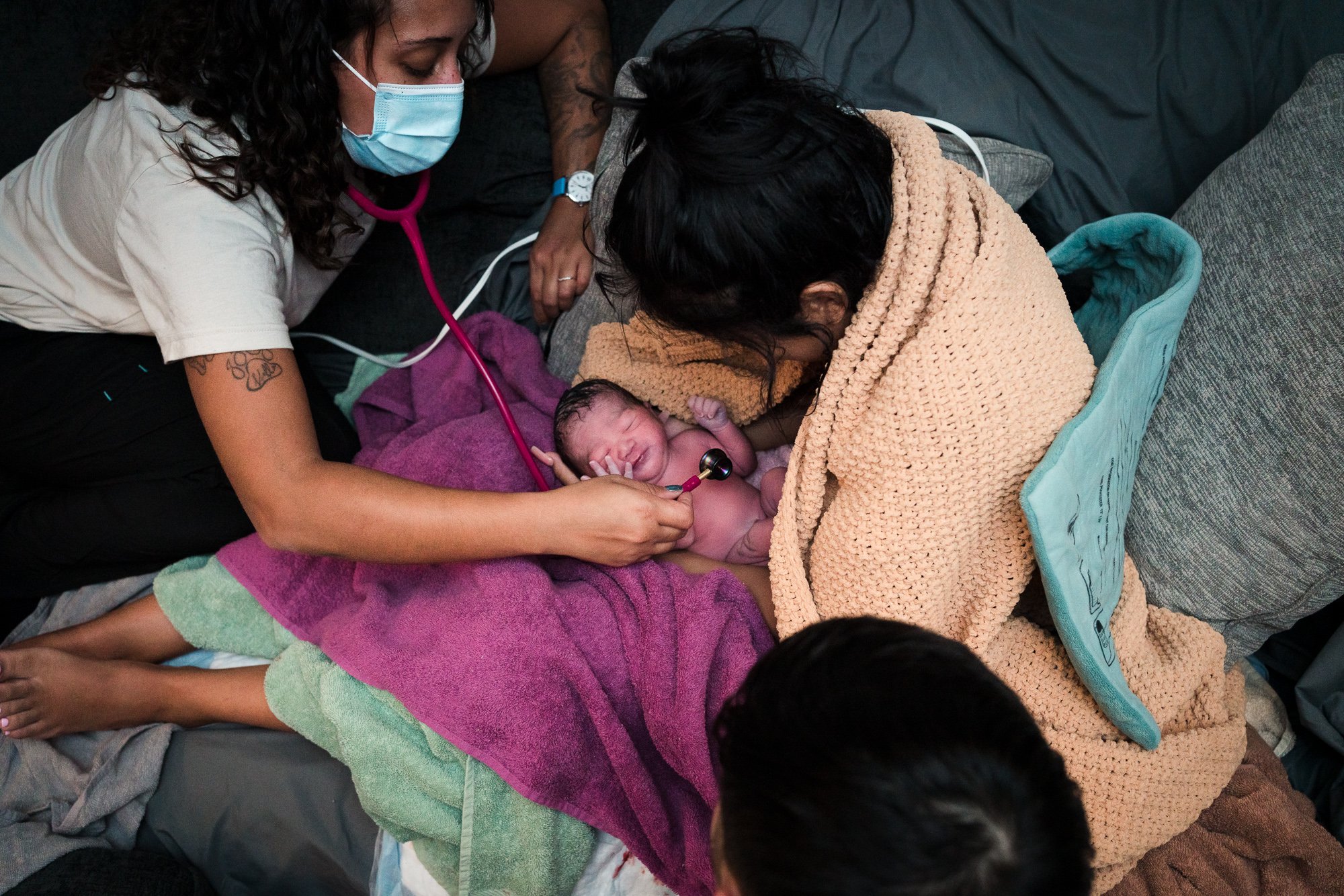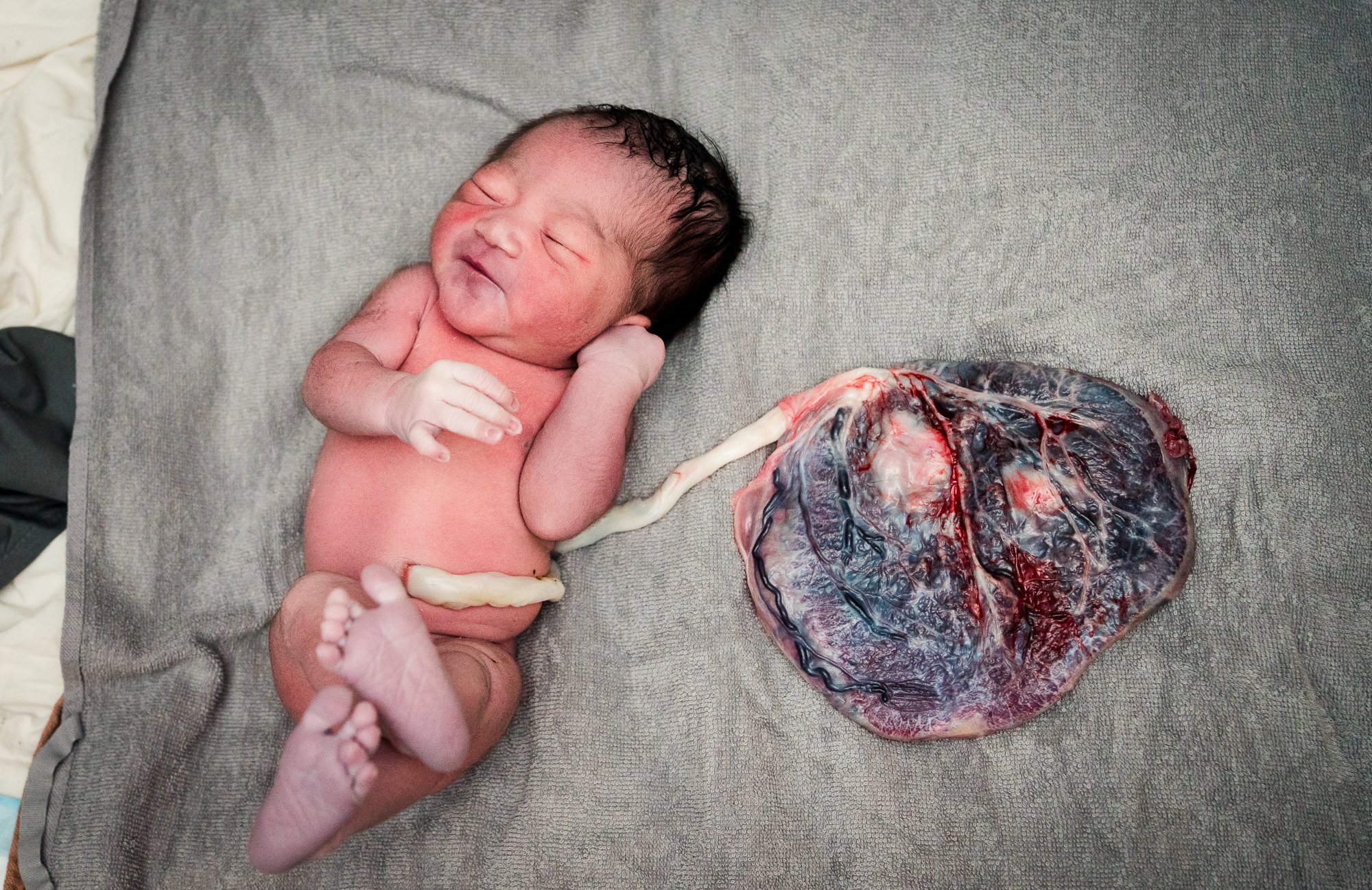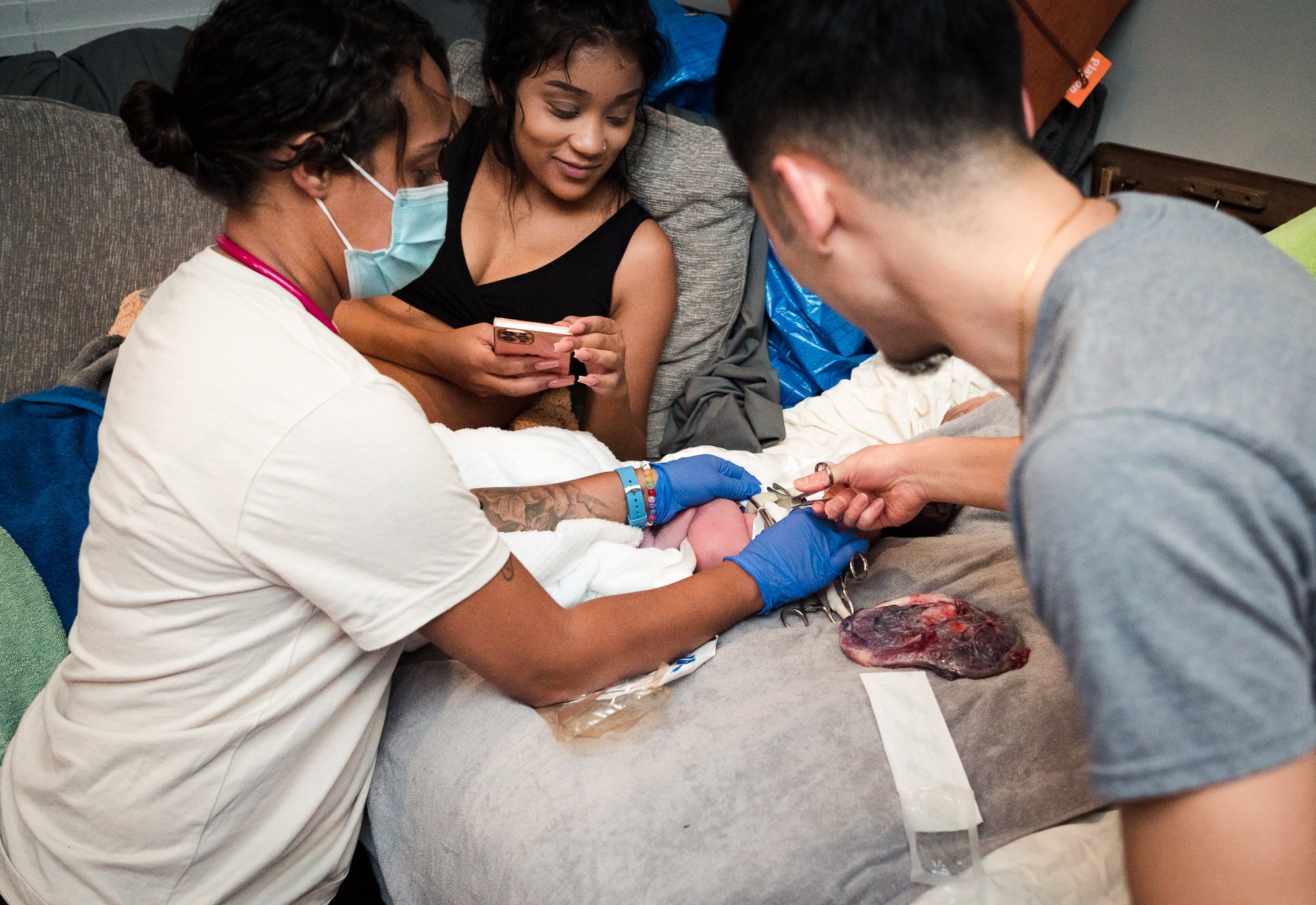
Who can provide support during labor and birth?
Trained labor support specialist or doula: Often referred to as a doula, this person is skilled in providing physical and emotional support during childbirth. They are there to ensure the well-being and safety of the mother throughout the process, making it a rewarding and positive experience.
Your spouse or partner: While some partners may initially feel apprehensive about being present during labor, many find it to be a deeply rewarding and life-changing experience. Their presence and support can have a significant positive impact on the mother’s well-being.
Clinical caregiver: This could be a nurse, midwife, or doctor, depending on the birthing environment and the mother’s preferences.
Relative or friend: If preferred, a close friend or family member can also provide valuable support during labor, as long as they are supportive, calm, and view childbirth as a natural event.
A doula’s role begins before labor, where they meet with the expectant mother to understand her preferences and concerns. Throughout labor, a doula remains by the mother’s side, offering physical comfort, emotional reassurance, and practical guidance. They can suggest various comfort measures such as massage, hand-holding, and cooling cloths. Moreover, doulas can explain medical procedures, help communicate the mother’s needs to hospital staff, and support decisions made by both the mother and her partner.
Continuous presence: Doulas are present throughout labor, offering consistent support and maintaining physical contact, if desired by the mother.
Comfort measures: Doulas provide comfort measures like massage and reassurance to ease discomfort and enhance labor progress.
Emotional support: Doulas offer emotional encouragement, praise, and reassurance, creating a positive and empowering birthing experience.
Communication and advocacy: Doulas can effectively communicate the mother’s needs to medical personnel and support the decisions made by the mother and her partner.
Support for partners: Doulas also support partners, guiding them and ensuring their needs are met during the labor process.
Labor support is a crucial element of childbirth that enhances the overall birthing experience for mothers. Doulas, along with other support sources, play a significant role in providing physical, emotional, and informational assistance during labor and birth. Their presence helps create a supportive and intimate atmosphere, ensuring a positive and empowering childbirth journey for the mother and her partner.















